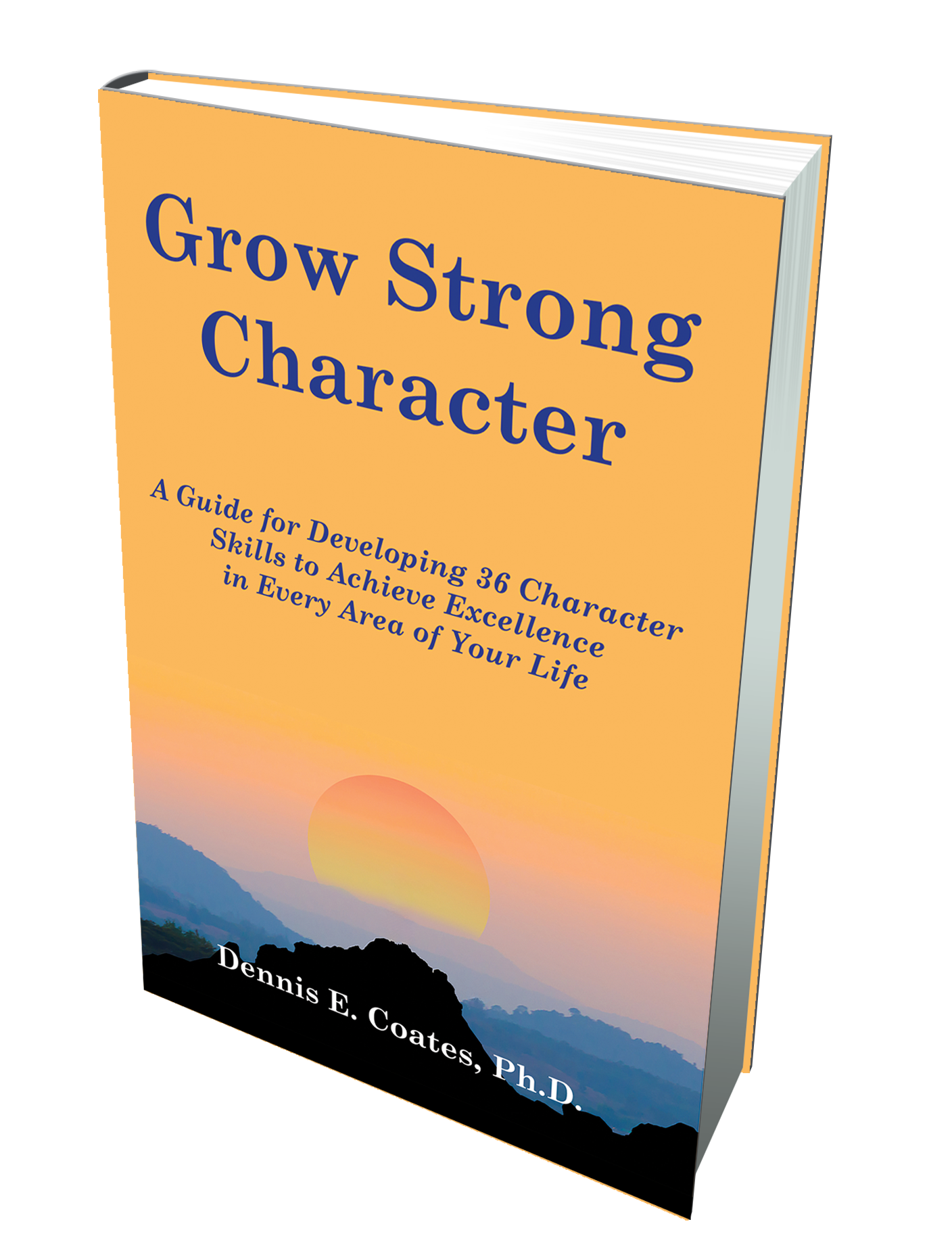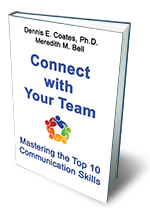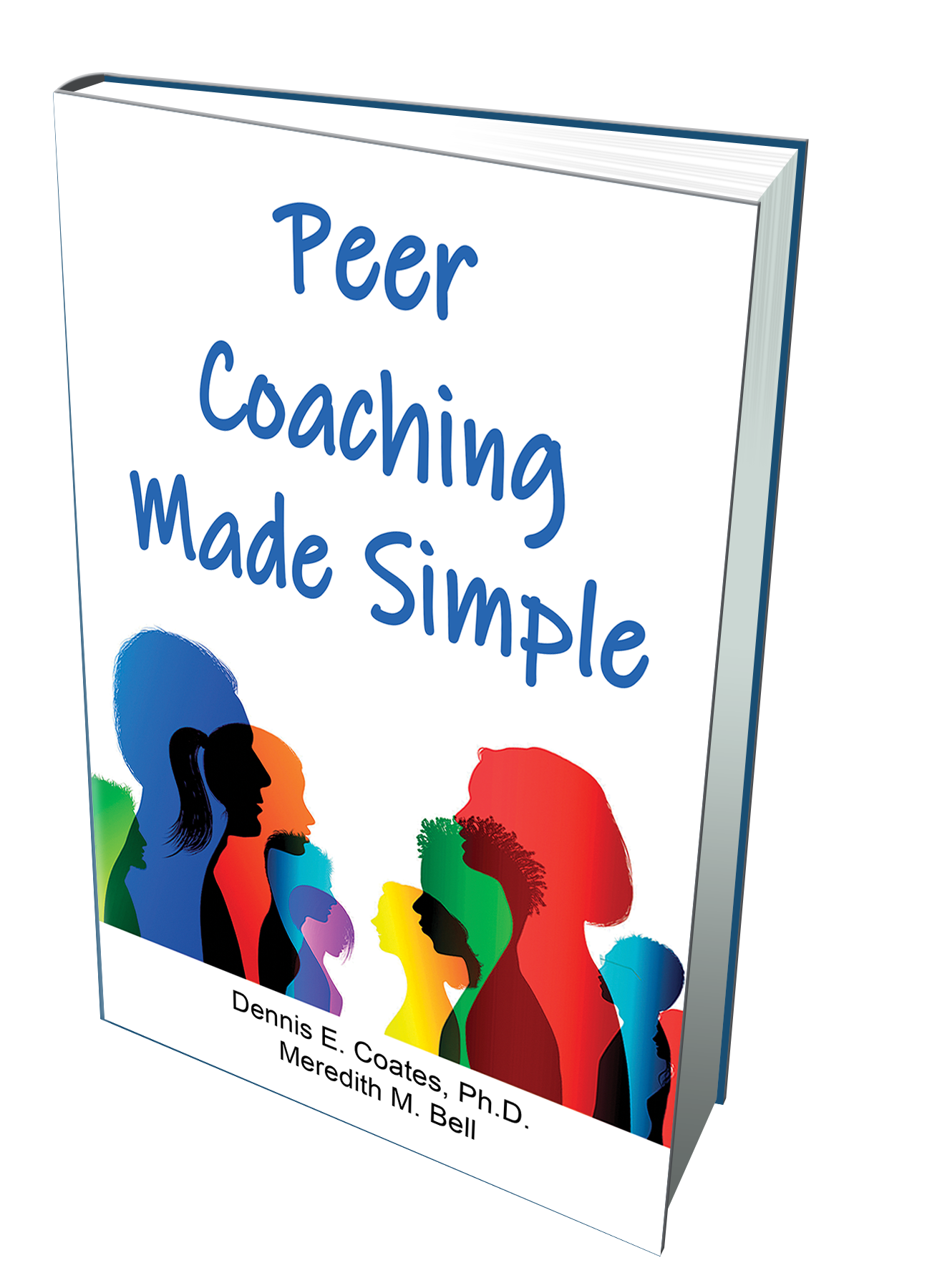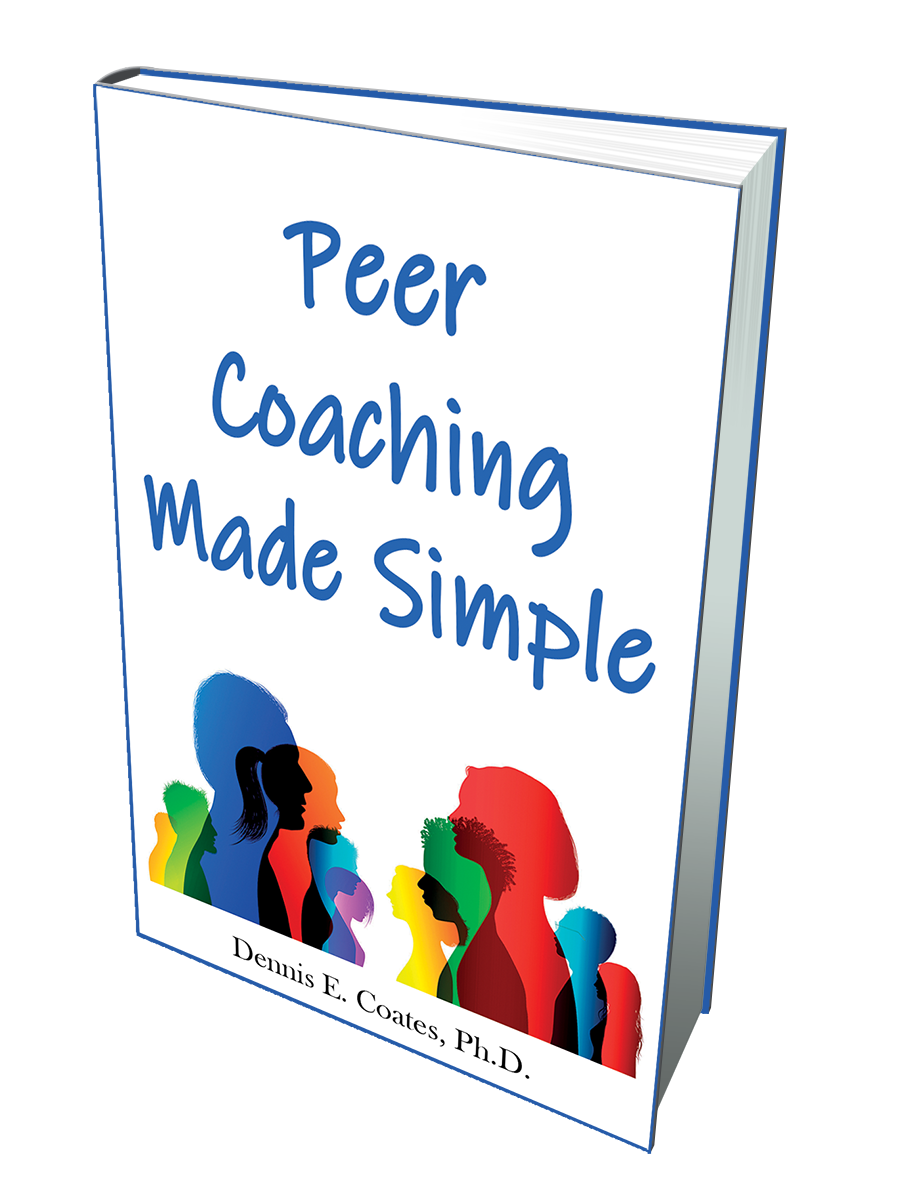
Appreciation: The Benefit of Valuing People Who Aren’t Like You
Appreciation: The Benefit of Valuing People Who Aren’t Like You
By Dr. Denny CoatesMy important lesson in appreciation: A friend said to me, “I got an email from a gardening blog buddy who lives only a few miles from me. He invited me to see his garden on Thursday evening. Would you like to come along?”
My first thought was heavens no. I don’t want to spend an hour walking around some guy’s garden. I don’t care how cool his blog is. I’m sure he’s done interesting things in his garden, but I have other things I’d rather do.
But my next thought was, if I never stretched out of my comfort zone, I’d read and write all the time, with an occasional movie or sports event on the side.
So I smiled and said, “Sure. Why not?”
That evening we spent the better part of an hour walking through this fellow’s garden. It was interesting to see how a different mind works. Also, it turned out he had a Ph.D. in English and is the most interesting man I’ve met since becoming a Texan 18 years ago.
“Learn from people who aren’t like you, and your mind will expand.”
This experience reinforced an important insight about relationships: that it’s wise to connect with people with whom you have key common ground but who aren’t like you in many ways. Then, refuse to be annoyed by the differences. Instead, accept them for what they are—unique, valuable ways of being. Affirm the differences, celebrate them, learn from them, and make use of them. If you open your mind and heart when you’re with people who aren’t like you, they’ll share insights and solutions you’d never consider on your own. They’ll introduce you to valuable aspects of life that would otherwise be lost to you. They’ll help make you a more complete person.
It isn’t always easy to appreciate people who are different from you. Humanity is very diverse. When you think of all the ways individuals can be different—personality, culture, education, life experience, religion, economic status, skills, knowledge, values, attitudes, interests, and relationships—it seems obvious that no two people on the planet are alike. Some can be radically different from you. When someone doesn’t think like you or act like you, it can be hard to communicate and connect. The other person might do things that surprise you or even shock you. You’ll find that you disagree about a lot of things. It could be a stretch to like such a person. You’d probably rather spend time with someone more like you.
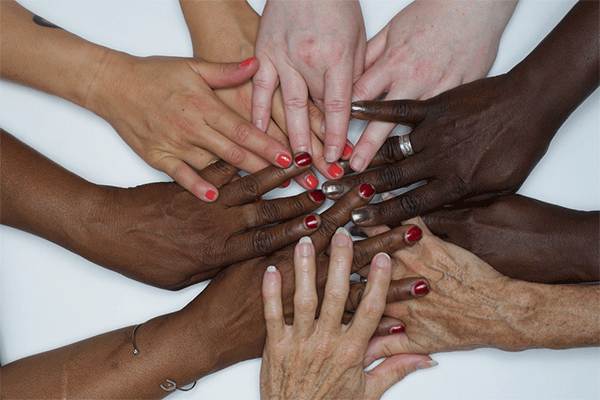
Years ago, I consulted with a group of trainers. I had expertise teaching creative problem-solving, and they were conducting a week-long course on that topic. From time to time, I would go to their facility to help them with their program.
It was always strange because all five people in that group were unlike me in the same way. Each of them was spontaneous, playful, and outgoing. They had wonderful charisma and were a great asset for presenting training. I, on the other hand, am logical, intellectual, serious, realistic, and goal-directed. For them, each day was a kind of party, and it was a stretch for me to fit in with that group. They valued my participation because I evaluated their program, got things organized, and kept them on schedule. I also taught the sessions on decision-making, a topic they didn’t enjoy.
In short, we appreciated, valued, and used our differences. But I often thought it would be wise if they hired team members with more diversity instead of favoring people so much like themselves, with whom they connected so magically.

I think the lesson of appreciation goes something like this: That so many people aren’t like you is good news, not bad news. It’s good news because you’re not all things. You have your strengths, but you aren’t strong in all areas. You know a lot, but you certainly don’t know everything. You have your focus and your individuality, and you want to be valued for that. You want your talents to be well used. And people who aren’t like you feel the same way. They have a lot to contribute, and you can benefit from that if you do two hard things.
One, get acquainted with these people. Hire them. Learn how to team with them. Spend more time with them, even though it would be easier and less of a challenge to associate with people who are like you.
Two, appreciate the differences. And as a part of your appreciation, value them. Affirm them. Learn from them. Make the best use of their strengths. It will be a stretch, but making your life experience more diverse will enrich you and complete you.
What is appreciation?
Appreciation begins with accepting that people are different from each other, valuing these differences, and making the best use of this diversity—because everyone is bringing something unique to the party. You accept and respect that people have a right to their diverse backgrounds, perspectives, and values. Instead of reacting negatively to contrary opinions, beliefs, or behaviors of others, you discover how to relate constructively, make use of their strengths, and get the work done.
Why is appreciation important?
If you want to be successful working with people, you’ll need mutually supportive and beneficial relationships that allow you to cooperate and collaborate—regardless of how different they are from you and everyone else. You not only need to coexist peacefully, but you also need to rely on them and make the best use of what they have to offer. Otherwise, you won’t succeed. Respectful communication and a free exchange of ideas are important to your success.
“We need to give each other the space to grow, to be ourselves, to exercise our diversity….so we may both give and receive such beautiful things as ideas, openness, dignity, joy, healing, and inclusion.”
– Max De Pree, American author
What can you do to strengthen your appreciation?
- Stand up for the rights of others to practice their own religion in their own way or even to have no religion at all.
- Learn about different cultural practices, traditions, and customs.
- Engage in respectful dialogue with people who have differing opinions in order to understand their perspectives.
- Treat people equally regardless of their race, ethnicity, gender identity, or sexual orientation.
- Show acceptance for lifestyles that are different from your own, including such things as relationships, clothing choices, dietary preferences, etc.
- Spend more time with someone you know who is very different from you.
- Identify someone who has a very different background and talk with them simply to discover more about them. You don’t have to agree with anything they say. Just listen and learn.
Appreciation is a behavior pattern. The more you practice it, the stronger it will become. Along the way, you can expect both successes and disappointments. So partner with someone to coach you with encouragement; then learn from your attempts, stick with it, and you’ll get stronger over time.
Learn more about appreciation and dozens of other character-related behavior patterns in Grow Strong Character, which is one of the key resources in the leader development system, Grow Strong Leaders.
Grow Strong Character
Dennis E. Coates, Ph.D.
Related Posts

